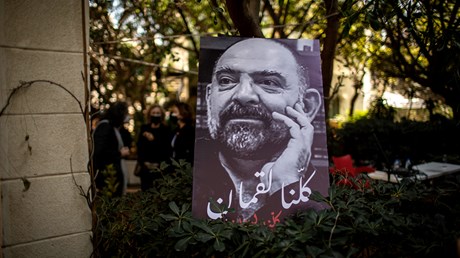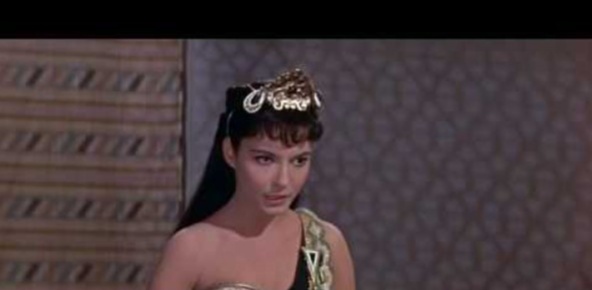A month after Lokman Slim’s murder, his family awaits answers in a story exemplifying the history of Middle East Protestants and the intrigue of Lebanon.

A Protestant mother. A Shiite son. A plea for vengeance on his killers.
But unlike many responses to political martyrdoms in Lebanese history, she yields it to God.
Last month in the Hezbollah-controlled south of Lebanon, unknown gunmen shot Lokman Slim in the head. It was a targeted assassination of a man dedicated to the hope that his small Middle Eastern nation might overcome sectarian divisions.
He was his mother’s son.
“I will not go and kill them, but ask God to avenge him,” said the grieving 80-year-old, Selma Merchak. “This comes from my faith in God as the great authority.”
But her next response reflects the family’s—and Lebanon’s—complex religious identity.
“And as it says in Islam: Warn the killer he will be killed, though it tarries.”
Born in Egypt, Selma’s Protestant lineage traces back to her grandfather in Syria, who found Christ through the preaching of the first wave of Scottish missionaries to the Middle East. As a child, she attended the American School for Girls—now Ramses College—founded in 1908 by American Presbyterians.
The family attended Qasr el-Dobara Church, located in Cairo’s Tahrir Square. And Selma continued in the Protestant educational heritage, graduating with a degree in journalism from the American University in Cairo, which by then had become a secular institution.
The Merchak family mixed freely in an Egyptian upper class that was open to all religions, vacationing often in Lebanon’s mountains. But in the chaos of Gamal Abdel Nasser’s nationalizing of the Suez Canal, in 1957 Newsweek relocated its regional headquarters to Beirut, and Selma went with it.
She reconnected with Muhsin Slim, her childhood ...
from Christianity Today Magazine
via




.gif)

.gif)
.gif)
